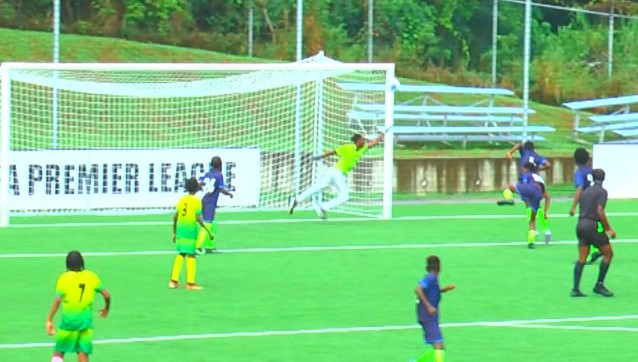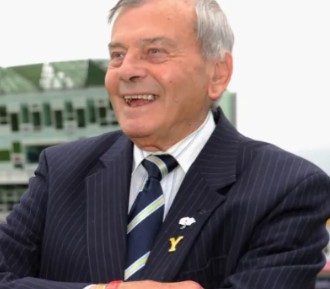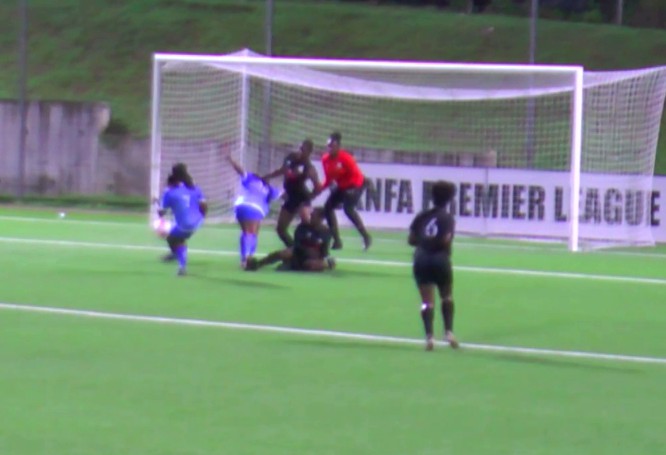West Indies Cricket Striking a Better Balance Between International and Franchise Commitments, Says Sammy.
Daren Sammy, the current head coach of the West Indies cricket team, has expressed optimism about fostering a stronger commitment from players to the national team despite the allure of lucrative franchise leagues. For years, the West Indies has grappled with the challenge of top players prioritizing participation in these financially rewarding leagues over representing their country, often drawing criticism from fans and former players alike. Sammy, a two-time T20 World Cup-winning captain, believes he has achieved a breakthrough in understanding and addressing this issue through improved communication and planning with the players. He recognizes the dominance of franchise cricket in the modern cricketing landscape, especially for West Indian players who are highly sought after globally. Instead of attempting to control the players’ decisions, Sammy emphasizes the importance of collaborative planning and open communication to accommodate both the players’ franchise commitments and the national team’s needs. This approach aims to create a mutually beneficial arrangement where players can participate in both spheres without compromising the team’s performance.
Sammy’s firsthand experience as a player during a period when franchise cricket was less prominent provides him with valuable insights into the current dynamics. He acknowledges the evolving mindset of modern cricketers, many of whom consider themselves superstars, requiring a more nuanced approach to man-management. Sammy understands that his role is not to impose restrictions but to manage the situation effectively and extract the best possible performance from the available players. Negotiating player availability is undoubtedly more challenging now than in his playing days, but his past experiences equip him with the skills to navigate these complexities. The established communication channels and clearer scheduling are instrumental in achieving smoother operations and minimizing conflicts.
A key element of Sammy’s strategy involves differentiating between the team’s approach to One-Day Internationals (ODIs) and T20 Internationals. He stresses the importance of fielding the strongest possible team for ODI qualifiers to improve their rankings. Therefore, player absences from ODIs are strongly discouraged. However, the team’s recent success in T20 cricket, where they have climbed to number three in the rankings, allows for more flexibility. This improved standing creates a larger pool of performing players, enabling the team to accommodate individual requests for rest or participation in franchise leagues without significantly jeopardizing their T20 performance. This nuanced approach, coupled with open dialogue, exemplifies Sammy’s adaptive management style.
Sammy provides a specific example of how this flexibility works in practice. If a player like Nicholas Pooran, a key member of the T20 squad, requests rest due to an extended period of playing, Sammy is more open to granting it given the team’s strong T20 position and pre-existing communication about such possibilities. This arrangement benefits both the player, who can manage their workload and prevent burnout, and the team, which retains a positive relationship with its players while maintaining a competitive edge. This understanding allows for better squad rotation and provides opportunities for emerging players. Ultimately, this balanced approach aims to ensure the long-term health and sustainability of West Indies cricket.
The upcoming schedule for the West Indies team provides a practical example of how this new approach will be implemented. In May, the team will travel to the United Kingdom for a series of white-ball matches against Ireland and England. This tour presents a crucial opportunity to test the team’s ODI strength and further consolidate their position in the rankings. Given the emphasis on fielding the strongest ODI side, it is anticipated that player availability for these matches will be prioritized. Following the UK tour, the West Indies will host Australia in June for a series of Test and T20 matches. This series against a top-ranked opponent will provide another valuable opportunity to assess the team’s progress under Sammy’s leadership.
In conclusion, Daren Sammy’s tenure as head coach of the West Indies cricket team marks a shift towards a more collaborative and understanding approach to player management. Recognizing the undeniable influence of franchise cricket, Sammy prioritizes open communication and flexible planning to balance the needs of the players with the objectives of the national team. This strategy seeks to create a sustainable model for West Indies cricket where both individual aspirations and national team goals can coexist. The success of this approach will be closely monitored in the upcoming series against Ireland, England, and Australia, providing valuable insights into the effectiveness of Sammy’s leadership and the evolving landscape of West Indies cricket. The upcoming matches will serve as a testing ground for this new era of West Indies cricket, and the results will significantly impact the team’s future trajectory.
Share this content:












Post Comment